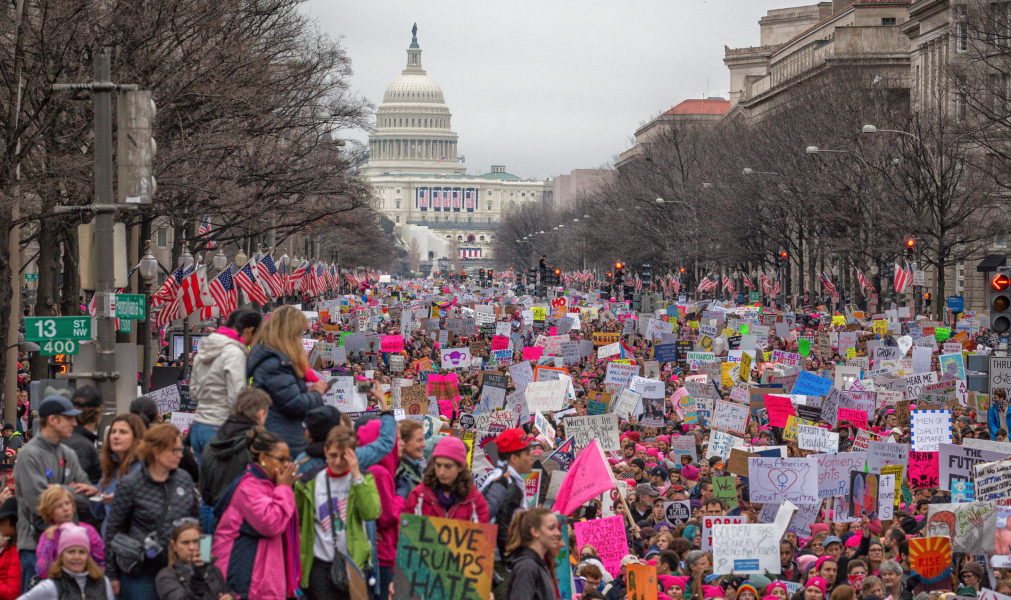Your personal troubles may be achieving a diversity that far outweighs them all.

Credit: Mobilus In Mobili
A headline at the Washington Post this week caught my eye: “Online dating is a personal nightmare. But very good for society.” The article beneath lived up to the title: “Multiple surveys show that most people dating online do not like it. But there is an obvious upside…. Couples that first meet online are more likely to be interracial and interethnic than those who first meet offline.”
Read that again: People dating online do not like it. Indeed, dating apps are a pretty miserable corner of the internet, by all accounts, and more report horror stories than successes. But the Washington Post wants you to know it does not matter what people like, certainly not when racial equity is on the line. If you are single and consider yourself to be an anti-racist, well, you had better start swiping.
We should note, even if just in passing, that it is not at all clear that dating apps themselves are the immediate cause of a changing attitude toward interracial relationships. The Post reporter cites two surveys, one which found that “couples that first meet online are more likely to be interracial and interethnic than those who first meet offline” (it is unclear how many of these couples met on dating apps, as opposed to social media). The other concluded that “places in the United States with better internet access had higher rates of interracial marriage.” General approval of interracial marriage among Americans jumped sharply in the mid-1990s with the appearance of the first online dating sites, but this jump corresponded with the arrival of the internet itself, the latter of which has been a catalyst for radical social upheaval. Most likely, dating apps may claim as much credit as they comprise the online world, but not more.
What has been wrought by dating apps is a lot of discontentment among users. Indeed, there is good evidence that limitless profile options, which far exceed any single person’s real life social circles, encourage greater selectivity and bias. This makes sense: The format of shopping for a mate makes users into consumers, as well as the commodity that is being consumed. Not only do dating apps encourage bias, pickiness, and unrealistic expectations, but fewer than 2 percent of dating app conversations lead to an in-person date. For those who do succeed, a recent study out of Arizona State University found that those who met online were more unhappy in their marriage than those who met organically.
There is no denying the internet has changed the way people date, and in numerous more subtle ways than attitudes about interracial relationships. The question is whether these changes, considered as a whole, are improvements on the former state of things. To the disparate outcomes mind, leveling every other type of diversity to its racial scale, every cost is worth a gain in racial equity. Taking these outcomes as a whole, however, the apps become a lot harder to justify.
While dating apps have a bad track record, they may be less harmful than other social causes which have been pushed by the same type of ideological argument.
Perhaps the most significant example of this is found in American feminism. Women have been told for decades that they ought to seek jobs in STEM, join the military, or become high-powered executives in service to the moral imperative for equal ratios of men and women in every place of work. Women’s rights activist organizations have thrown money at any initiative which makes women more likely to take these historically male jobs. Yet all the sex-diversity hires and “leaning in” have produced marginal impact on the actual numbers in the masculine fields: Women comprise only 10 percent of all S&P500 CEOs. The sex breakdown of STEM jobs has moved with the U.S. Census Bureau’s inclusion of social science in that category, but engineering and architect jobs are still more than 75 percent male. In the military, even with the help of severely lowered physical fitness standards, women make up 16 percent of all officers.
Subscribe Today Get daily emails in your inbox Email Address:
Not only have these ideologically-driven initiatives done little to change reality, the self-reported happiness of women has decreased both absolutely and relative to men in the process. Shamed out of motherhood and miserable in desk jobs, as a viral TikTok from this week demonstrated, women are becoming unhappier at almost double the rate of men. But of course, the solution is not that people are unhappy when they try to do things they are bad at; it is that working women need more paid family leave, more egalitarian housework splitting, and better men to marry, to support them in these purportedly fulfilling careers.
These are the uncomfortable results of attempting to force abstract ideals of diversity onto a real society. Because the conclusions about how society ought to look are not to be questioned, the people become the problem: Their discomfort at swiping through men like a deck of cards, or their dislike of math and inability to run a four-minute mile, are the speed bumps in the road to progress. If the highest good is racial and sexual diversity, then mowing down these speed bumps to create the dream world of Boston University professors and their poorly managed research centers is an acceptable means to that end.
At what point are we allowed to ask if all this unhappiness is worth it?
Sourse: theamericanconservative.com






